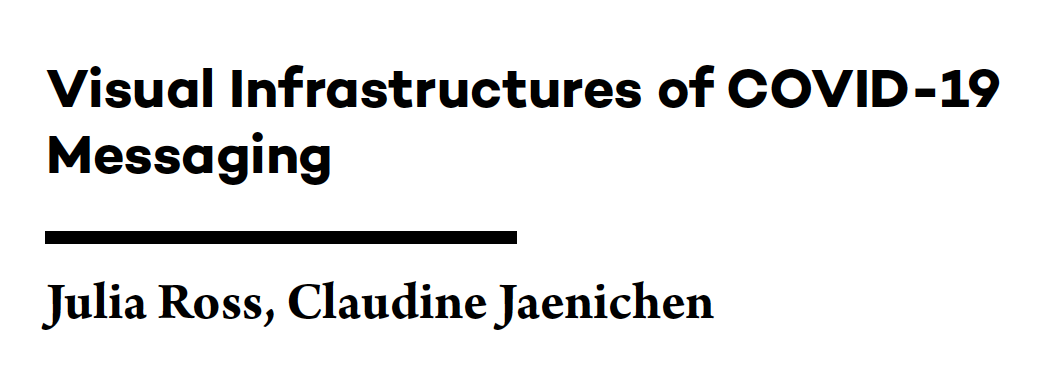Visual infrastructures of Covid -19 messaging
DOI:
https://doi.org/10.46516/inmaterial.v6.133Paraules clau:
Information design, Graphic density, Disaster, Risk communication, Crisis communicationResum
Infecting more than two hundred and nineteen million people internationally as of September 2021, SARS-Cov2 (COVID-19) remains a major health crisis despite the availability of vaccines in many countries and publicized guidance on effective preventative measures (WHO, 2021). To combat the spread of the virus, governments worldwide have found themselves relying on their ability to exert control over health behaviors in public and private spaces. Visual communication, which includes both graphics and text, are an integral component of how these behavioral advisories are communicated to the public. Authorities translate scientific information into digestible designs for the public to achieve effective understanding and actionable protective measures. How are governments presenting and assessing the effectiveness of COVID-19-related information? Are there opportunities to maximize communication and develop models using existing frameworks?
This interdisciplinary literary review pairs three models of risk and crisis communication with an information design framework to analyze COVID-19 materials shared by international governing agencies. Crisis and Emergency Risk Communication (CERC) blends two popular disaster mitigation approaches to create a model that considers all stages of disaster response (Reynolds and Seeger, 2007). The Protective Action Decision Model (PADM; Lindell and Perry, 2012) and the Scenario Transition Model of Viewing and Reading (Jaenichen, 2017) highlight the importance of considering context when crafting communication to increase the likelihood of message comprehension under stressed circumstances. Design perspectives are incorporated through the semiological lens of Jacques Bertin’s research on effective visual compositions (Bertin, 1983). Graphics sampled from the websites of international governments are used to illustrate the importance of leveraging design and communication strategy when communicating about risk and crisis scenarios.
Descàrregues

Descàrregues
Publicades
Com citar
Número
Secció
Llicència
Drets d'autor (c) 2021 Claudine Jaenichen, Julia Ross

Aquesta obra està sota una llicència internacional Creative Commons Reconeixement-CompartirIgual 4.0.






